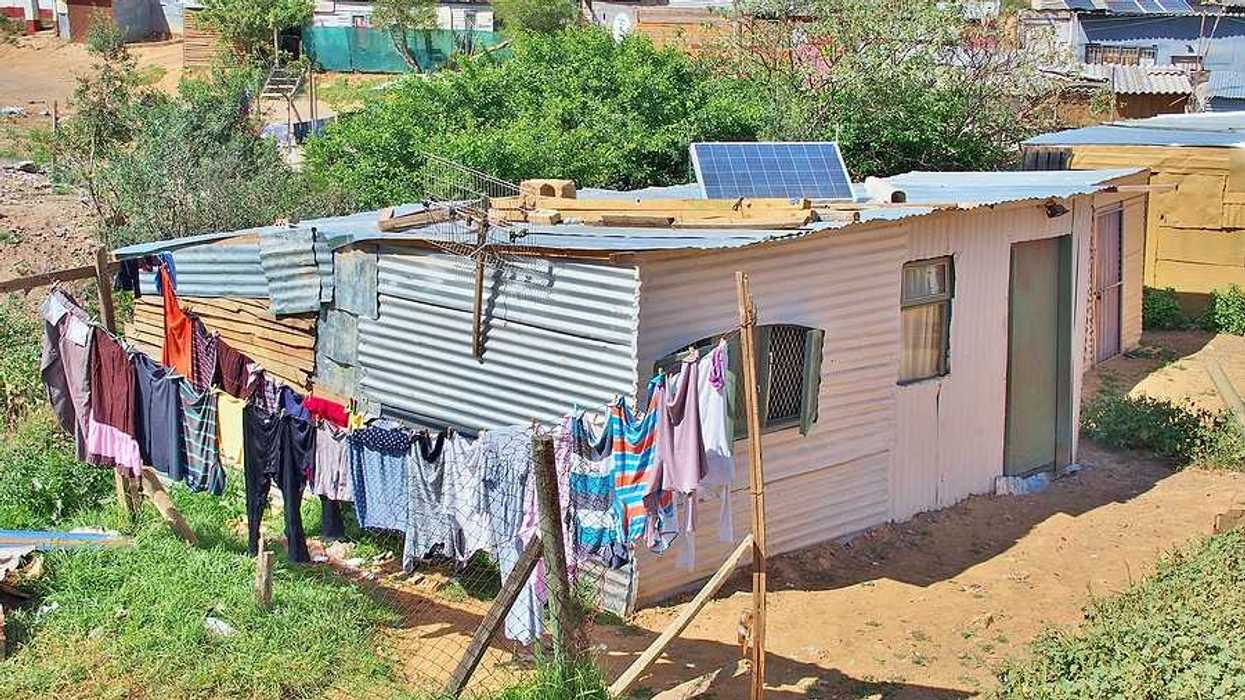Miranda's research into prenatal environmental exposures has led her to three goals: to learn what we're exposed to, how those exposures affect our lives, and practical tips to avoid those exposures.
In this video, learn about her current research with pregnant women in New York City.
Miranda Jones Spratlen, MHS, PhD, Postdoctoral Research Scientist, Department of Environmental Health Sciences, Columbia University Mailman School of Public Health
Miranda Spratlen is currently a Postdoctoral Research Scientist at Columbia University where she is utilizing two contemporaneous birth cohorts based in New York City to investigate health outcomes resulting from prenatal exposures to the World Trade Center disaster. This work conflates her passion for working with vulnerable populations and evaluating health effects of environmental exposures. Dr. Spratlen conducted her doctoral work at Johns Hopkins University where she focused on another vulnerable population, American Indians. Her doctoral dissertation explored the intricate relationships between arsenic exposure and arsenic metabolism, one carbon metabolism and diabetes related outcomes in this population. Leading up to her doctoral degree, Miranda worked for several years outside academia including in the Occupational Medicine, Epidemiology and Prevention Department at Northwell Health System and at the New York City Department of Environmental Protection.
Follow Dr. Spratlen on Twitter: @mirandaspratlen














